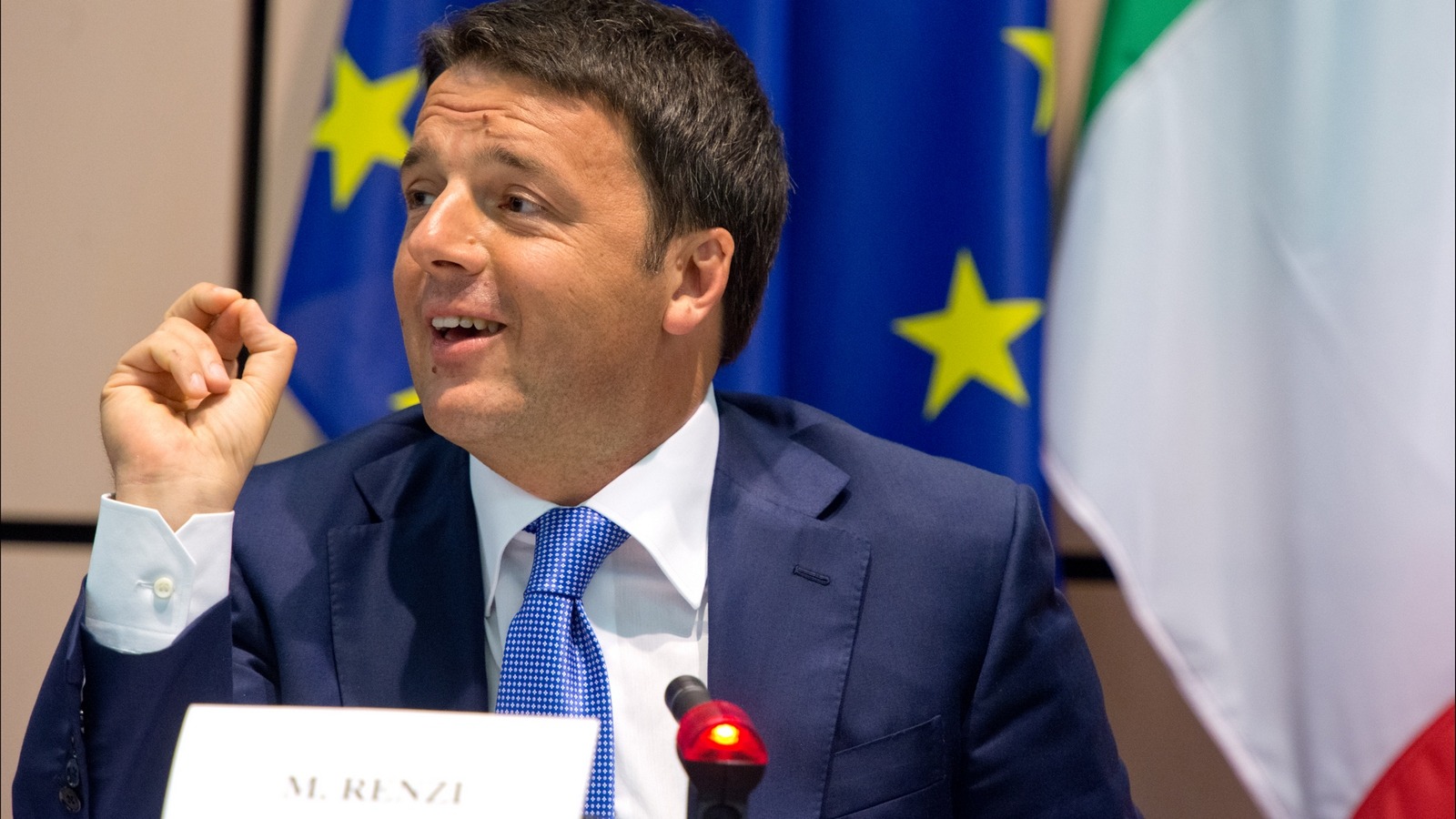
Matteo Renzi, the centre-left prime minister, has suffered a heavy defeat in a referendum on a constitutional reform designed to overhaul Italy’s political system, making it easier to pass laws. The result plunges one of Europe’s worst-performing economies into political uncertainty.
Italians rejected Mr Renzi’s proposed changes to the constitution by a wide margin of 59 to 41 per cent. Voter turnout was high; 65 per cent of eligible voters cast ballots, but it didn’t favour Mr Renzi’s cause as it had been expected.
If the reform had been passed, it would have reduced the number of senators from 315 to 100 and the powers of the Senate, Italy’s upper house, and regional governments would have been emasculated, easing political gridlock and removing red tape. A defeat of the “Yes” camp is another example of the strength of anti-establishment forces after the Brexit vote in the UK and Donald Trump’s victory in the US presidential election.
Mr Renzi announced early on Monday, December 5th, that he would submit his resignation to Italy’s president Sergio Mattarella on Monday evening, honouring his campaign promise. If there is no agreement on a new government with a limited mandate (to change the electoral law and organise a new parliamentary election), Italy will face a snap election.
The opposition to Mr Renzi’s flagship reform was led by the anti-establishment Five Star Movement, which wants to hold a referendum on Italy’s eurozone membership and runs neck-and-neck with Mr Renzi’s centre-left Democratic Party in opinion polls, the right-wing populist Northern League and Silvio Berlusconi, the disgraced former prime minister and leader of the centre-right Forza Italia. The “No” camp, however, also included Italy’s former prime ministers like Mario Monti and Massimo D’Alema as well as an array of jurists who said that the proposed constitutional reform concentrated too much power in the hands of the executive branch, considering that the current election law gives a majority in the Chamber of Deputies, the lower house of parliament, to the winning party.
Mr Renzi made a mistake early in the referendum campaign by threatening to resign if he lost. He personalised the vote, which only gave the opposition an opportunity to unite to drive him out of office.
The referendum outcome will have a negative impact on Italy’s vulnerable banking system, which is struggling under the burden of non-performing loans and low profitability, jeopardising banks’ plans to raise capital. The most fragile bank is Monte dei Paschi di Siena, Italy’s third-largest by assets, which is struggling to raise 5 billion euro in new capital. Under EU rules, should the bank fail, the bank’s bondholders will have to absorb some of the losses.
The Italian economy is lagging behind its European rivals. Output remains below what it was before the 2008 global financial crisis. A debt-to-GDP ratio stands at 135 per cent. Unemployment is stuck above 11 per cent. 36 per cent of young people are unemployed.
The market reaction to the No vote was calm on Monday, with the euro recovered from a 20-month low against the dollar hit late on Sunday night.